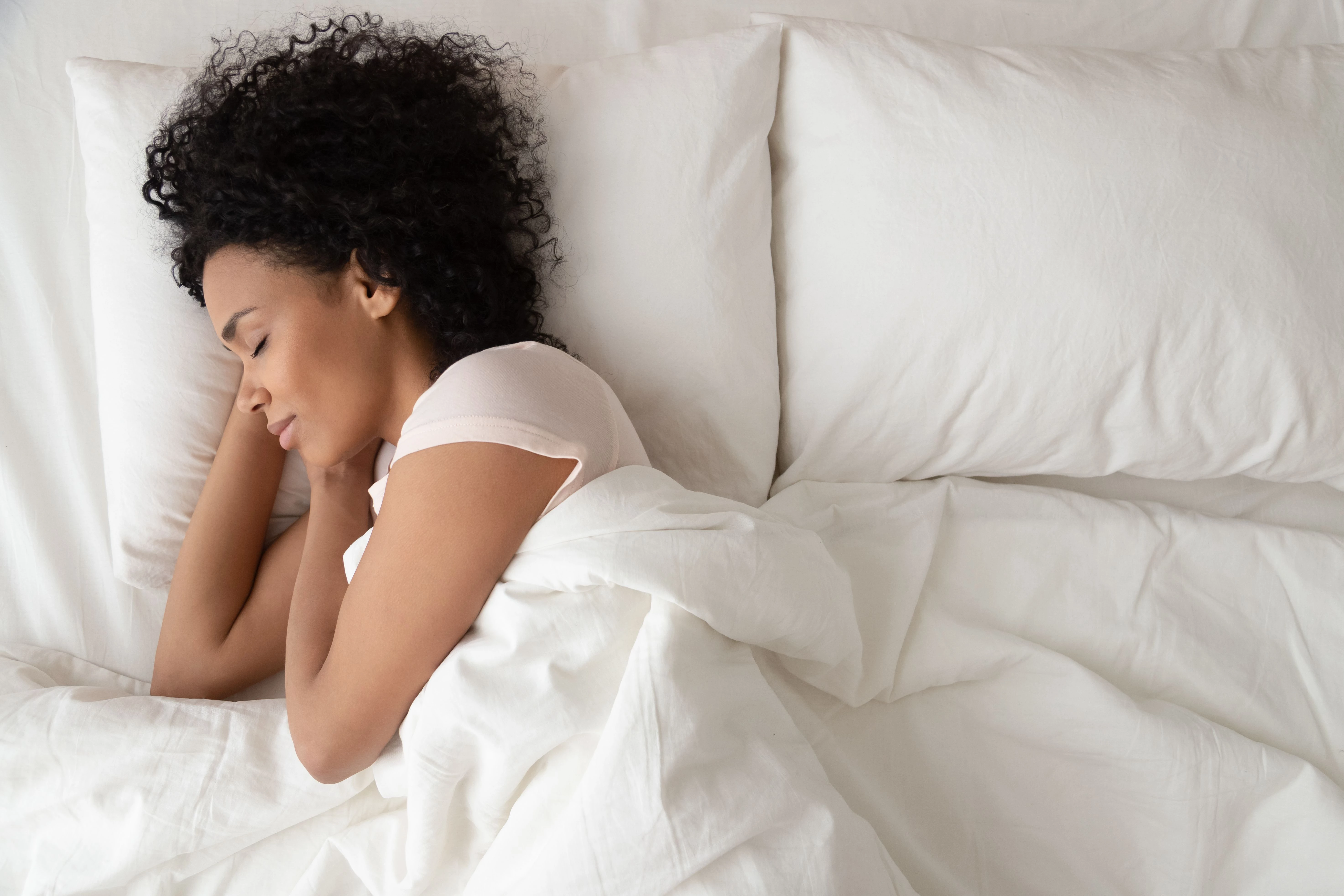
Partner Article
Data study: Getting more daily steps could help you sleep better
People with a higher level of physical activity sleep around 75 minutes longer on average, experience better sleep quality and suffer from fewer sleep disorders.
And, while stress is the leading factor impacting sleep, moderate levels of physical activity can help reduce stress for both genders, indirectly resulting in better sleep. In fact, moderate physical activity has a much better impact on sleep quality than intense physical activity.
This is according to a sleep hackathon hosted by Women in Data® in alliance with Capgemini. The virtual sleep hack analysed publicly available datasets on sleep to investigate sleep quality and its effects on health.
It found that while being active could improve sleep, there is a marked difference between genders: Physical activity is more effective for men compared to women in achieving better sleep outcomes.
The data scientists pointed out that women are also 1.3 to 1.8 times more likely to face sleep issues than men, with 44% of women getting less than seven hours of sleep and 2 in 3 women reporting sleep problems during menstruation.
Not only do women sleep less than men at every stage of life, there is a steep decline in sleep duration for women post their mid 40s. One in three women going through the menopause experience sleep problems, despite taking more daily steps than men.
Natalie Cramp, Chair of the Women’s Health Agenda at Women in Data® commented: “We know from other studies that Women are 40% more likely to experience insomnia in their lifetime compared to men, so we wanted to gain deeper insights into the key factors affecting sleep quality. Poor sleep effects both our physical and mental health, while sleep deprivation is associated with cardiovascular diseases, poor mood and dementia.
“It is clear that age, gender and demographics, as well as physical activity and stress, all influence how well we sleep. While we can’t do anything about the inherent aspects of our health, we can try to incorporate more behaviours that aid sleep, such as managing stress levels or being physically active.
Women in Data® is committed to achieving gender parity for women in the data, analytics and AI industry and as such women’s health and wellbeing is high on our agenda. We would like to see greater science backed health recommendations across the spectrum of women’s health which empower us all to take the actions we can to get the help we need and make lifestyle changes which prevent overmedication,“ she added.
The sleep hack took place during Women in Data® (WiD) Week from 27 November to 1 December. Two main datasets were used for the Sleep Hackathon, from the Harvard Medical School and SaYoPillow smart pillow. These datasets contained sleep data from individuals aged between 10-67. The analysis also took into account other publicly available data.
This was posted in Bdaily's Members' News section by Women in Data® .








 Navigating the messy middle of business growth
Navigating the messy middle of business growth
 We must make it easier to hire young people
We must make it easier to hire young people
 Why community-based care is key to NHS' future
Why community-based care is key to NHS' future
 Culture, confidence and creativity in the North East
Culture, confidence and creativity in the North East
 Putting in the groundwork to boost skills
Putting in the groundwork to boost skills
 £100,000 milestone drives forward STEM work
£100,000 milestone drives forward STEM work
 Restoring confidence for the economic road ahead
Restoring confidence for the economic road ahead
 Ready to scale? Buy-and-build offers opportunity
Ready to scale? Buy-and-build offers opportunity
 When will our regional economy grow?
When will our regional economy grow?
 Creating a thriving North East construction sector
Creating a thriving North East construction sector
 Why investors are still backing the North East
Why investors are still backing the North East
 Time to stop risking Britain’s family businesses
Time to stop risking Britain’s family businesses